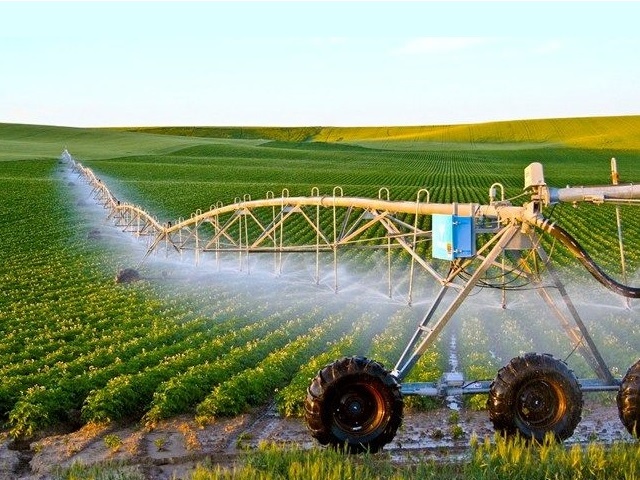Modern agriculture relies on a number of chemicals to keep crops healthy and productive. As the world becomes more environmentally conscious, there is a growing demand for chemicals that are safe for both humans and the environment. Potassium (K) is an essential nutrient for plant growth. It’s classified as a macronutrient because plants take up large quantities of K during their life cycle.
Why is potassium so important?
Potassium is essential within the plant for carbohydrate transportation. Sugar is produced in the leaf and requires potassium to move the energy within the plant for cell division and turgor to build stems, flowers and fulfil yields.
As well as transporting carbohydrates, potassium is also associated with the movement of water and other nutrients in plant tissue. It’s involved with enzyme activation within the plant, which affects protein, starch and adenosine triphosphate (ATP) production. This, in turn, can regulate the rate of photosynthesis.
Potassium is responsible for:
- Catalysing enzyme processes promoting photosynthesis
- Production of sugar, storage, and transport of carbohydrates
- Nitrogen efficiency is highly dependent on potassium
- Potassium has a role in oil production and improves water use efficiently
Potassium and sustainability
Potassium also plays a role in maintaining biodiversity as well as reducing unnecessary costs.
According to Defra, “Unrecovered fertilisers are continually displaced through leaching, bulk water movements and aerial erosion, adjacent terrestrial and marine environments are susceptible to nutrient enrichment (eutrophication). This can lead to habitat loss and a decline in biodiversity. Unrecovered fertilisers also represent an unnecessary cost to growers.”
Potassium in soil
The total K content of soils frequently exceeds 20,000 ppm (parts per million). While the supply of total K in soils is quite large, relatively small amounts are available for plant growth at any one time. That’s because nearly all of this K is in the structural component of soil minerals and isn’t available for plant growth.
In addition to the structural component, soils also contain a small amount of exchangeable K. This form of K can be dissolved by water and released into the soil solution where it can be taken up by plants. The amount that is available will depend on how much water has been added to the soil and how long it remains there before evaporation takes place.
Why is soil pH important
Soil pH also plays an important role in determining how much plant-available potassium will be present in a given soil. Soils with a pH below 5 tend to have more available potassium than those with higher pH values.
Why choose PureTech Potassium?
PureTech Potassium is a water-soluble potassium complex without any added salts. It does not have the chloride ion associated with other mineral fertilisers that can disrupt nitrogen use. This means that it’s possible to increase crop yields with PureTech K without risking damage to the balance of our soil. Each element is present at optimal ratios, allowing a more efficient uptake by plants than traditional K sources and demonstrating less antagonism in tank mixes than traditional K products do.













Comments